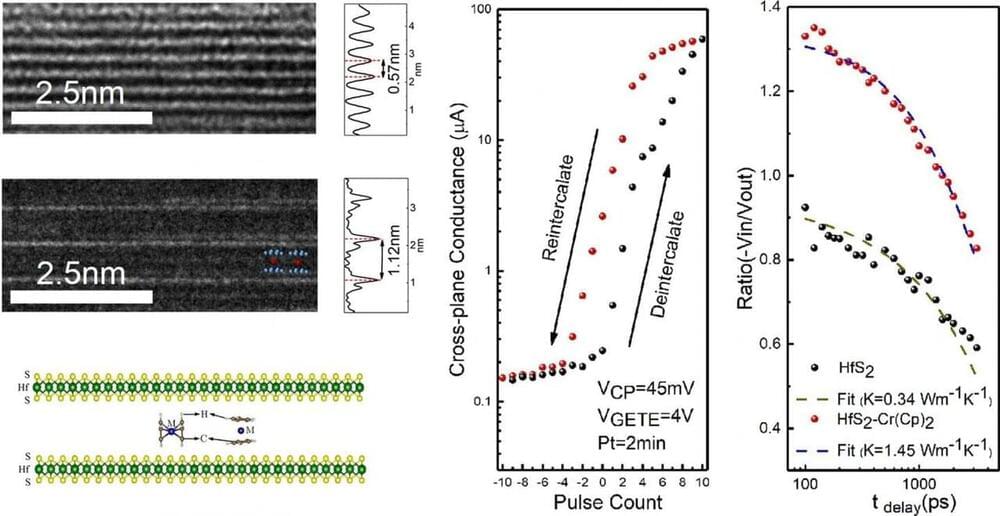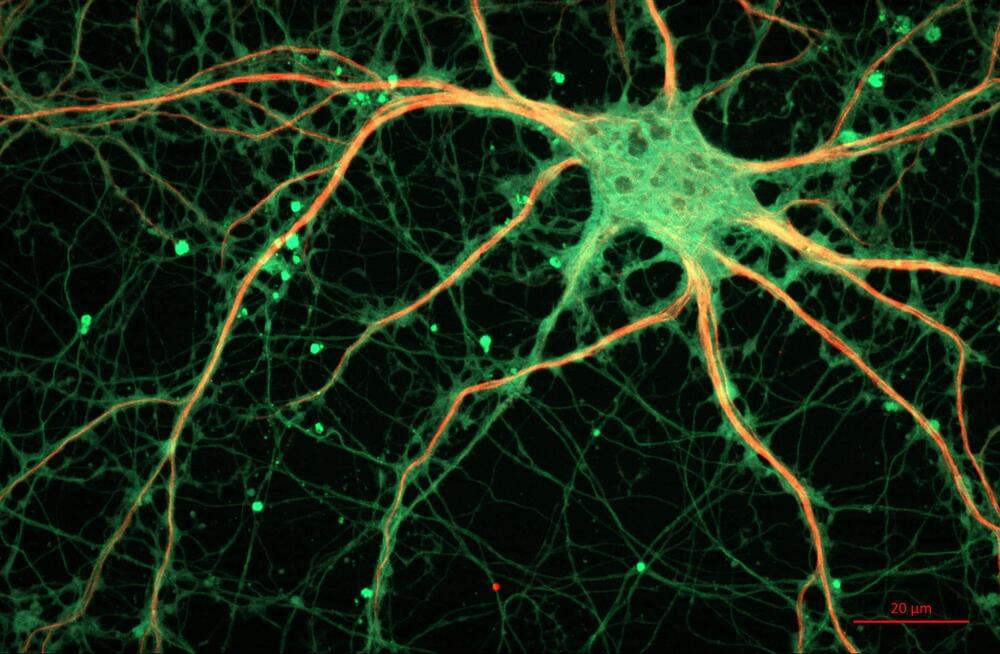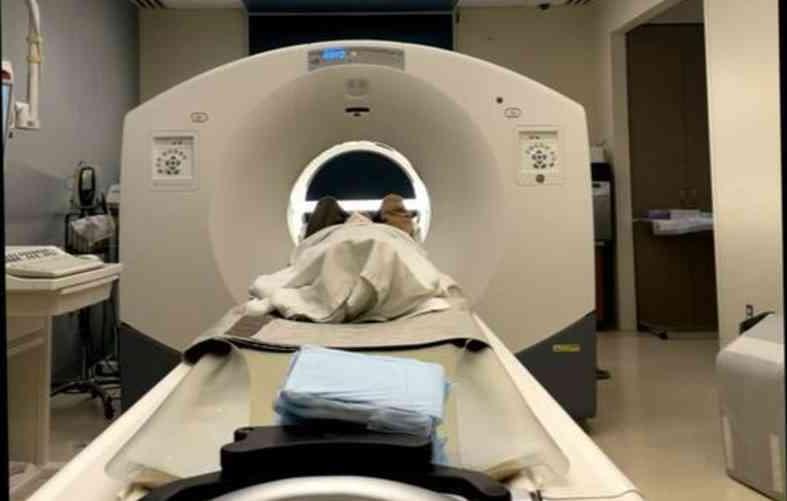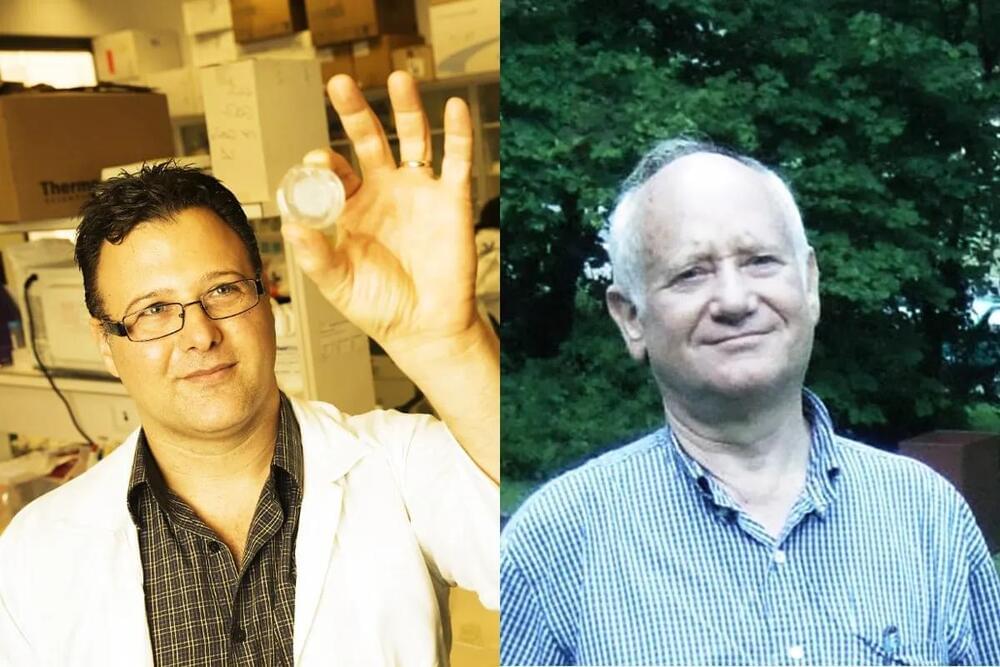Aug 15, 2022
US Shocked: China Tests MOST DANGEROUS Space Weapon | FOBS
Posted by Dan Breeden in categories: military, physics, space
US shocked: china tests MOST DANGEROUS military weapon.
China’s FOBS can go around the planet at hypersonic speeds to wipe out entire cities — and the United States is very worried. FOBS stands for Fractional Orbital Bombardment System — a weapon that goes into orbit and deorbits at the right time to deal maximum damage to targets, making even the most advanced missile-defense systems almost useless. This is no casual, baseless project. The US Military has reason to believe the FOBS was designed to be used against them and they’re not about to be silent about it. In this video, we shed light on this punch-for-punch dangerous arms race going on between two of the world’s most powerful nations.
Continue reading “US Shocked: China Tests MOST DANGEROUS Space Weapon | FOBS” »


















